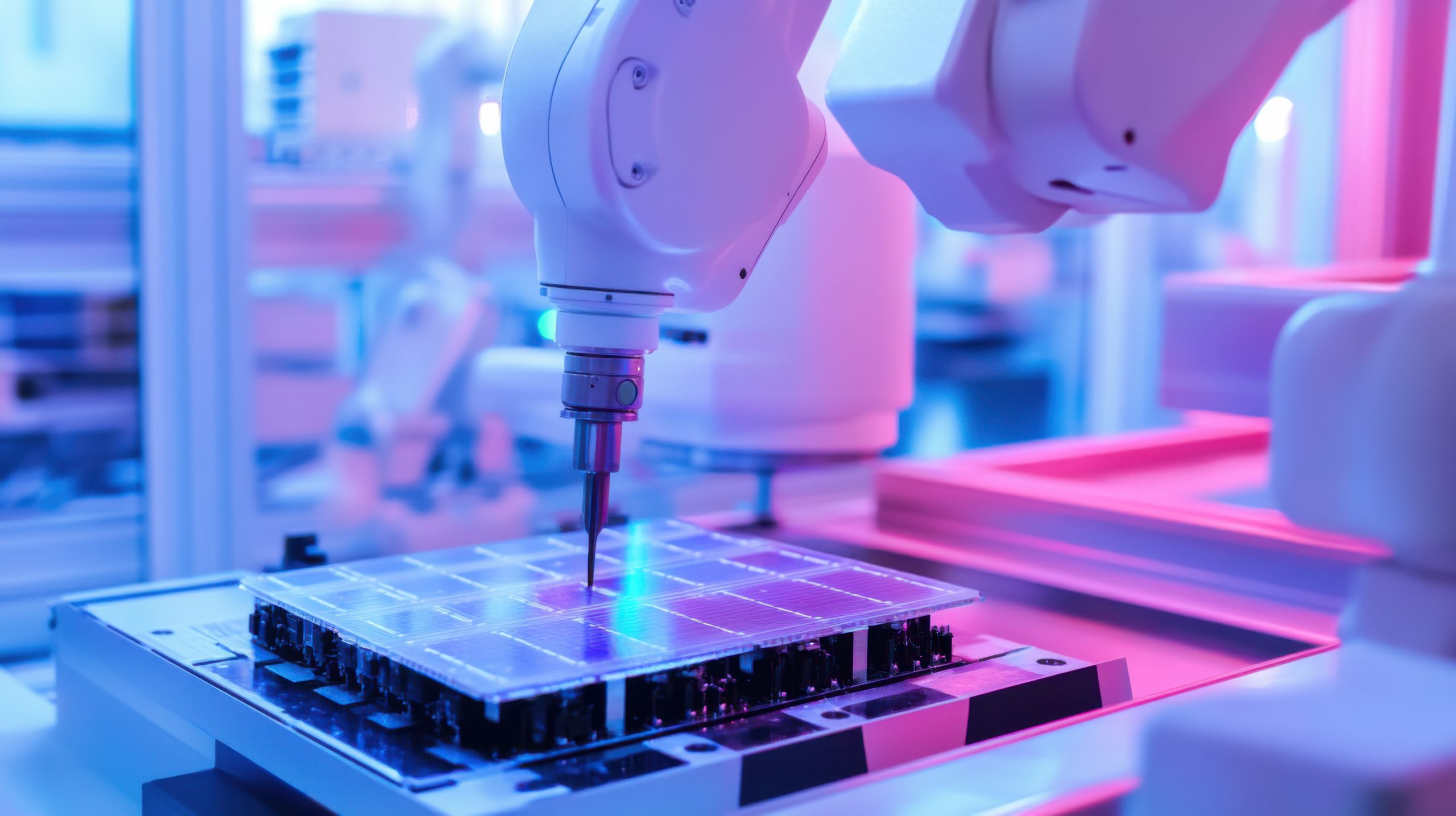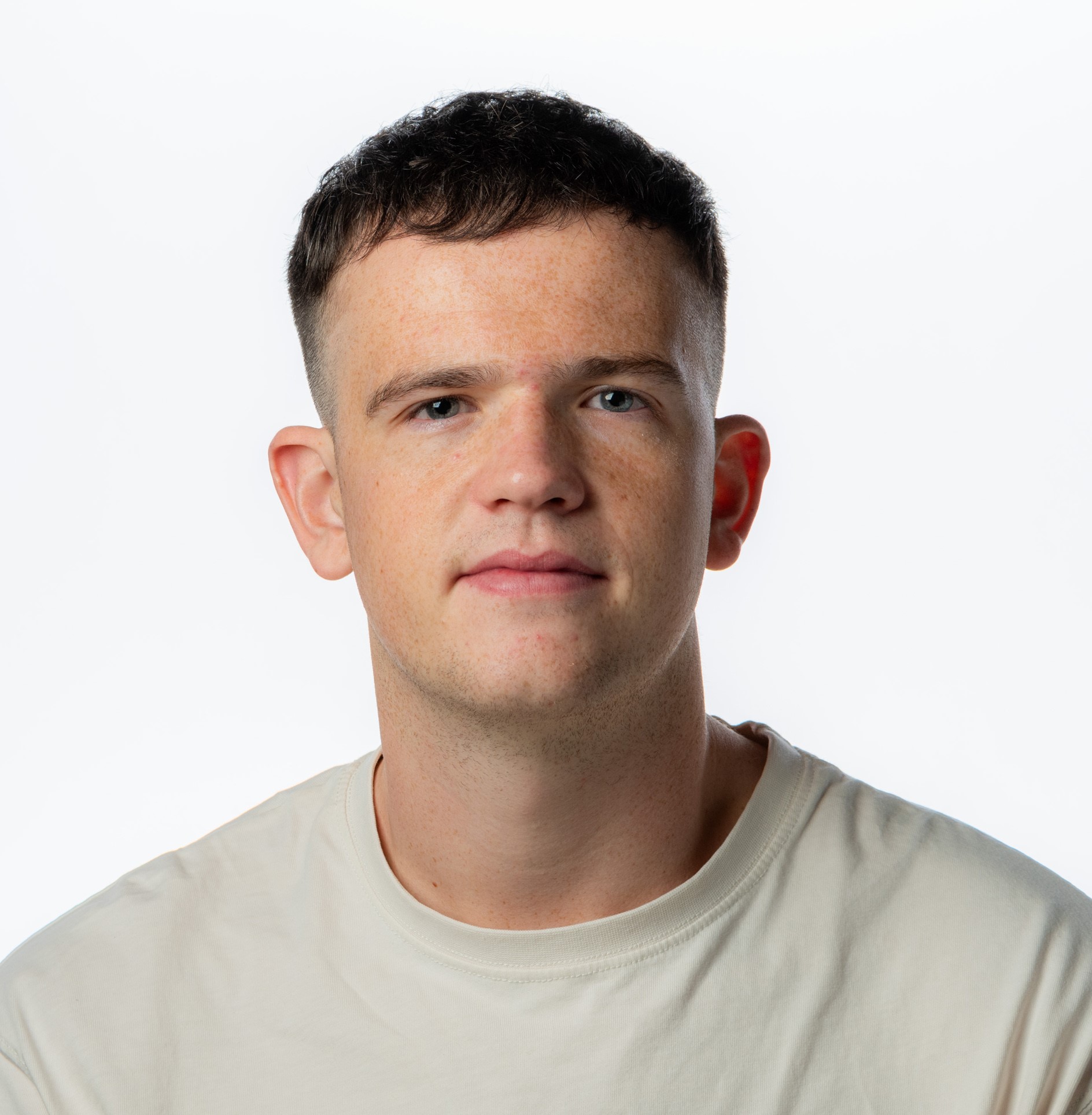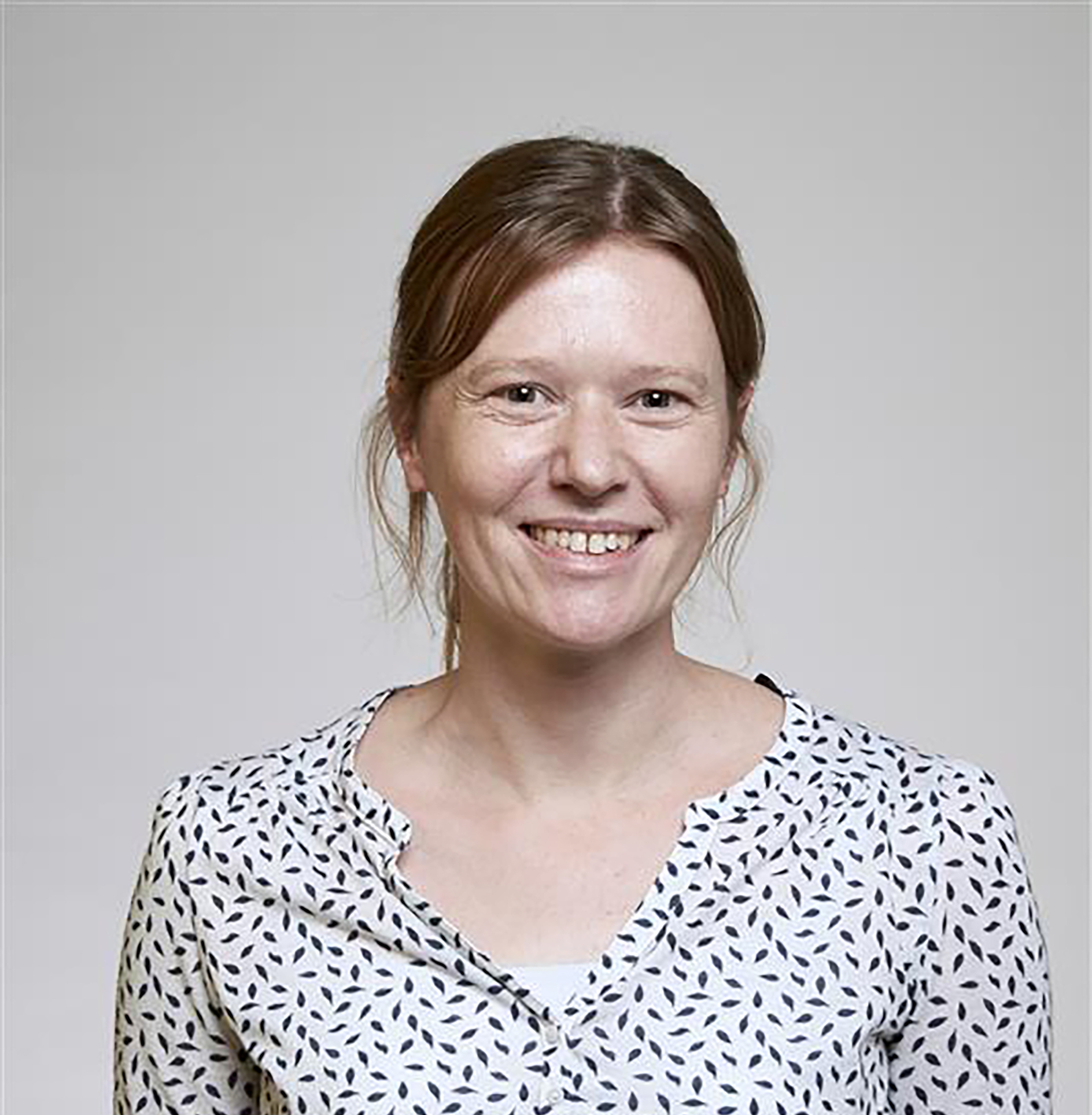

2D Material Manufacturing for the next generation of Semiconductors
Novel electrodeposition technology to manufacture 2D transition metal dichalcogenides at scale.
The Current Problem
With the never-ending demand for smaller and more efficient electronic devices, there is an urgent need for materials that can be thinner than silicon, whilst maintaining the same semiconducting properties. 2D transition metal dichalcogenides (TMDs) represent some of the most promising alternatives. However, realising their full potential remains limited by the availability of appropriate fabrication methods.
Value Proposition
Our Solution

Simple, low-cost and environmentally friendly.
Using our novel electrodeposition approach, we address key manufacturing challenges by enabling the scalable production of high-quality TMDs.
Unlike conventional techniques such as CVD and ALD, our method is simple, low-cost, and environmentally friendly, offering the first truly scalable approach to fabricating next-generation semiconductors.
The versatility of our technology supports applications across a range of industries including electronics, sensing, and green hydrogen production.

Who is Laysol for?
Our technology is for semiconductor manufacturers and electronics developers seeking scalable solutions to fabricate next generation materials beyond silicon.
Semiconductor equipment suppliers could incorporate our technology into their platforms to provide customers with the tools to fabricate next generation materials.
Ultimately, the end user of this technology will be anyone that uses electronic device that currently relies on silicon.
Our Team
Laysol is a group of researchers from the University of Bath working on electrodeposition as a means of fabricating 2D materials for the next generation of semiconductors beyond silicon.

Have something to share with us?

